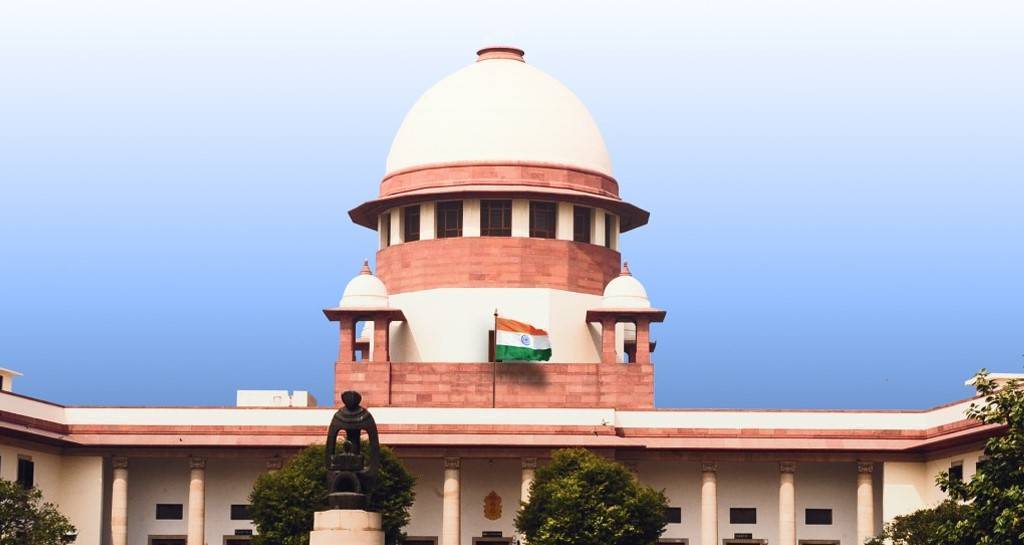The Supreme Court of India has recently delivered an important ruling clarifying the legal treatment of compromise decrees that recognize pre-existing property rights. According to the judgment, such decrees are exempt from registration under the Registration Act, 1908, and do not attract stamp duty under the Indian Stamp Act, 1899. This decision addresses longstanding ambiguities regarding the classification and procedural requirements of compromise decrees.
Case Background
The case originated from a dispute involving a piece of land in Village Kheda, District Dhar, Madhya Pradesh. The appellant, Mukesh, claimed pre-existing ownership rights to the property. In 2013, Mukesh resolved his claims through a compromise decree issued by the National Lok Adalat. However, complications arose when the Tehsildar referred the matter for mutation. The Collector of Stamps subsequently treated the compromise decree as a "conveyance" under Article 22 of the Indian Stamp Act, 1899, and imposed a stamp duty of Rs. 6,67,500.
Mukesh challenged this decision, but both the Board of Revenue and the Madhya Pradesh High Court upheld the determination, prompting him to approach the Supreme Court.
Supreme Court’s Decision
The Supreme Court bench comprising Justice JB Pardiwala and Justice R Mahadevan overturned the decisions of the lower courts. The bench emphasized that compromise decrees confirming pre-existing property rights are not subject to the same legal requirements as instruments that create new rights.
Exemption from Registration
Under Section 17(2)(vi) of the Registration Act, 1908, certain categories of documents are exempt from registration. The Court outlined three essential conditions for such an exemption to apply to compromise decrees:
- The decree must arise from a genuine compromise reached without collusion.
- The decree must relate directly to the property involved in the legal dispute.
- The decree must affirm a pre-existing right rather than create a new one.
In this case, the Supreme Court found that all three conditions were satisfied. Mukesh’s rights over the disputed property existed prior to the decree, and the decree merely formalized this position. Therefore, the Court concluded that registration was not required.
Exemption from Stamp Duty
The Court also addressed whether stamp duty could be levied on such a decree. According to Section 3 of the Indian Stamp Act, 1899, stamp duty is chargeable on specific categories of documents listed in Schedule I or I-A of the Act. Documents classified as "conveyances" under Article 22 of the Schedule are subject to stamp duty, as they create, transfer, or extinguish property rights.
The Court clarified that a compromise decree affirming pre-existing rights does not qualify as a "conveyance" since it does not result in the creation or transfer of new property rights. As a result, such decrees are exempt from stamp duty. The judgment explicitly noted that imposing stamp duty on compromise decrees would impose unnecessary financial burdens on parties seeking to resolve disputes amicably.
Broader Implications
This ruling has significant implications for property-related disputes resolved through compromise decrees. The decision provides much-needed clarity on the legal status of such decrees and establishes that they are distinct from instruments that create or transfer property rights.
The judgment also reduces the procedural and financial burdens on individuals asserting pre-existing property rights. By exempting compromise decrees from registration and stamp duty, the Court has streamlined the process for resolving property disputes in a mutually agreeable manner.
Additionally, the decision reinforces the importance of distinguishing between formal recognition of existing rights and the creation of new rights. Misclassifying compromise decrees as "conveyances" could lead to undue financial obligations and discourage parties from reaching amicable settlements.
Image source- sci.gov.in









.png)